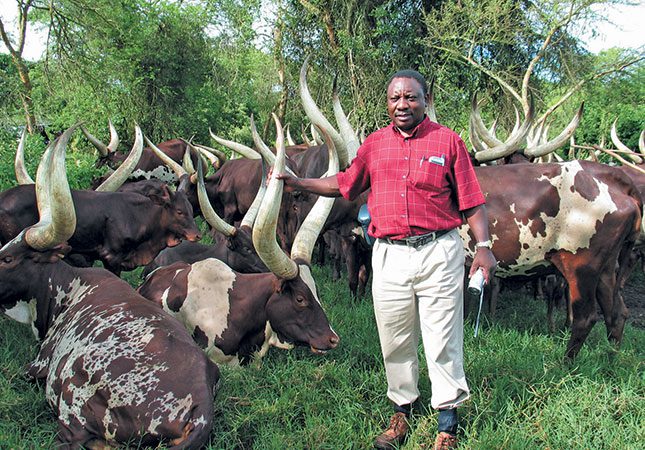The political spotlight in South Africa is once again focused on President Cyril Ramaphosa as the country’s Constitutional Court prepares to hear a petition next month aimed at reviving impeachment proceedings against him. The case stems from a scandal that shook the nation in June 2022, involving over $500,000 in cash hidden in a sofa at the President’s ranch. The money was stolen, and questions surrounding the incident have fueled controversy over Ramaphosa’s leadership and his handling of the situation.
The impeachment effort, spearheaded by the far-left Economic Freedom Fighters (EFF) and the Movement for the Transformation of Africa (MTA), seeks to hold President Ramaphosa accountable for the incident that occurred at his Phala Phala farm. Both parties claim that South Africa’s parliament failed in its constitutional duty to hold the president accountable, accusing it of being biased due to the dominance of Ramaphosa’s African National Congress (ANC) party in the legislative body.
Despite initial efforts to move forward with impeachment, Ramaphosa avoided a vote in late 2022 when the ANC, which held a majority at the time, blocked the motion. This decision came despite an independent report that recommended a full investigation into Ramaphosa’s conduct surrounding the scandal. The upcoming court case could reignite efforts to remove the president from office if the opposition’s petition succeeds.
The scandal first broke in June 2022 when it was revealed that more than $580,000 in U.S. banknotes had been stolen from Ramaphosa’s Phala Phala farm, where it had been hidden inside furniture. The theft, which occurred two years prior, had been kept secret until the media leak. Opposition parties have since raised serious concerns about Ramaphosa’s handling of the situation, accusing him of engaging in tax evasion, money laundering, and violating foreign exchange regulations.
Ramaphosa, while acknowledging the existence of the cash, has maintained that the money came from legitimate sales of animals on his ranch. However, he has faced criticism for not explaining why the money was hidden in furniture, a fact that has fueled suspicion about the true nature of the funds.
Another key aspect of the scandal has been the question of whether the theft was properly reported to law enforcement. According to Ramaphosa, he alerted the head of his security detail about the incident. However, his political adversaries accuse him of attempting to cover up the theft and the existence of the money altogether. The delayed reporting and the manner in which the case was handled have further deepened concerns about possible impropriety on the president’s part.
Despite the accusations, Ramaphosa has been cleared by both South Africa’s Reserve Bank and a state watchdog, with these institutions finding no wrongdoing in relation to the hidden cash. Nonetheless, opposition parties remain unconvinced and continue to question the integrity of these investigations, accusing the president of escaping accountability through political influence. The upcoming Constitutional Court case could provide these parties with a crucial opportunity to re-examine the case under a legal lens.
The Phala Phala scandal posed a significant threat to Ramaphosa’s presidency, jeopardizing his political future at a time when his popularity was already under pressure. Despite the controversy, Ramaphosa managed to secure re-election in June 2023 for a second term, albeit with the support of opposition MPs. This marked a historic moment in South African politics, as the ANC, which has held power since the end of apartheid in 1994, lost its parliamentary majority for the first time.
The ANC has since formed a broad coalition with nine other parties to maintain a semblance of stability in the South African government. While this coalition has helped calm some of the public criticism of Ramaphosa, the impeachment petition demonstrates that the president is far from free of the political fallout from the Phala Phala scandal.
The Constitutional Court’s upcoming hearing on the petition to revive impeachment proceedings could be a turning point in South African politics. While President Ramaphosa has so far managed to weather the storm of the Phala Phala scandal, the allegations surrounding the hidden cash, potential cover-up, and questions about his handling of the matter continue to cast a long shadow over his leadership. The court’s decision could either solidify his position or reignite efforts to oust him from office, further complicating South Africa’s political landscape.

















